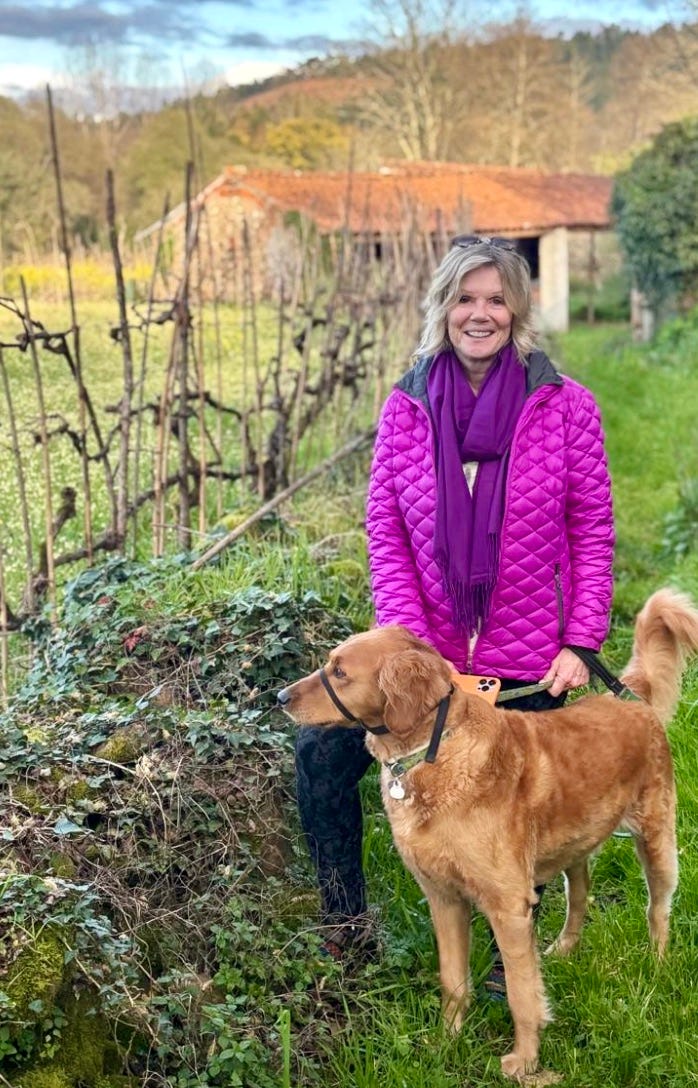A friend recently chided me that I show only the positive aspects of daily life in Portugal. I think for the most part, that’s true; I consider myself a guest here and hesitate to say anything disparaging about the host country that has welcomed me in.
There are, of course, things I dislike or hate about living here and that exquisite form of Portuguese torture known as Pimba is one of them!
Pimba covers a range of music and folk songs characterized by an upbeat style with lyrics that range from corny and romantic to saucy and vulgar.
According to Wikipedia, Pimba is popular with rural, poorly educated folks as well as those in urban, working-class neighborhoods. In Portuguese, the word pimba means a quick, unexpected event or the end of an action. But it’s also slang for having any type of sexual pleasure with another person. It’s similar to the English verb, ‘to bang.’
Pimba, named after a popular 1995 single called “Pimba Pimba,” is characterized by humorous lyrics, often charged with sexual metaphors. It rose to popularity throughout the Portuguese countryside during the 1980s and 1990s.
Weirdly, it’s now part of local festivities and celebrations connected with religious holidays.
Many villages in the mountains of Central Portugal have their own ‘festa’ – a long weekend of celebrations in the form of food, dancing and music honoring the village’s patron saint.
That would be delightful if it were limited to eating and to the evening hours, and maybe for just one or two nights.
But that’s not enough here in my village. In the days leading up to the festa weekend, poor quality speakers are installed on the telephone and street light poles that line the only road through town. And then, whether or not you like it, traditional Portuguese accordion pimba music is blared from these speakers beginning each day at 9 am and going on nonstop until about 10 pm for four or five days.
There is no escape from it. Even Kiitos hates it. The music is so loud it bounces off the hard cement and plaster walls of the houses, magnifying and distorting the music to a truly head-jarring degree. It’s so loud that I often hear the music from nearby villages – even when I’m inside with doors and windows closed and my own music playing. There is no escape, except perhaps to another part of Portugal. Or, another country.
I didn’t realize this cacophony was an actual music genre until I recently had a young Portuguese housesitter staying with me and she explained pimba to me.
The night before my trip, I took her on a walk with Kiitos to familiarize her with the village and introduce her to some of my farmer neighbors. The speakers had been put up the previous day and loud music was already pouring out of them. It was so loud we could barely hear one another speak. Walking through the village, Ana kept laughing.
“It’s the lyrics!” she said between giggles. “I will try to explain it to you.”
She paused to listen. And then,
“No, nevermind,” she said, “It’s really too rude!”
Poor Kiitos. I left on a trip, but he and Ana had to deal with another four days of it.
Original art by Kristin Fellows
Kristin Fellows is a published artisan writer, a world traveler, and a well-seasoned documentary film consultant. This tale comes to you from a small farming village in Portugal, where she is still surprised to find herself living.
When not writing, Kristin can often be found walking Kiitos, listening to someone’s story, or behind the lens of one of her cameras. Or perhaps doing all three at the same time.
More about Kristin @ kristinfellowswriter.com






The most beautiful music on a faulty speaker is still nerve wracking
I love when people share anecdotes like this about their host country abroad! There are so many interesting and unique cultural festivities and norms out there that are enjoyed so thoroughly by small by everyone from small and devoted groups of people and to entire nations!
In Thailand, for example, they ring in the new year with a giant nationwide water fight!